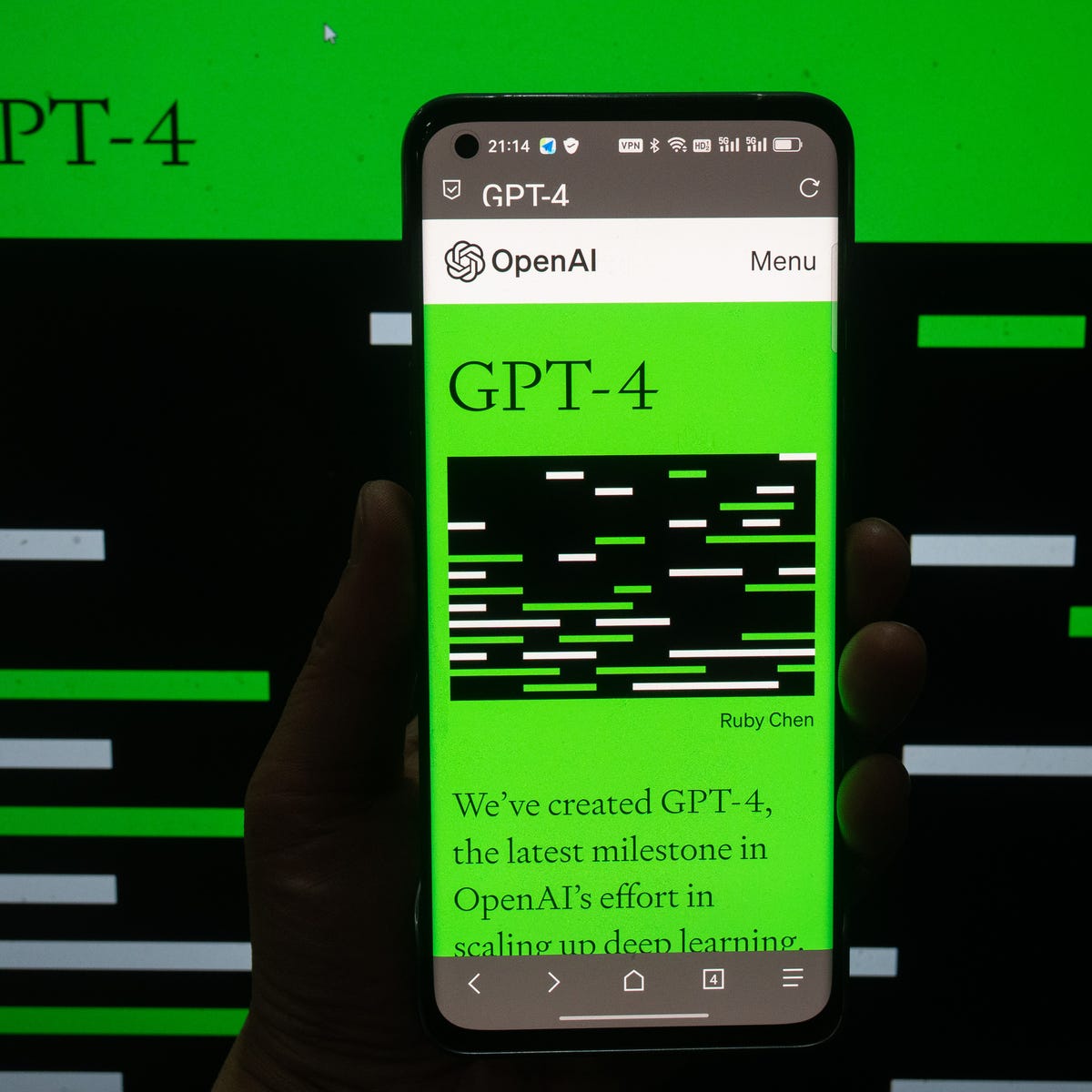The recent announcement by OpenAI that they are working on GPT-4, the next generation of their popular language model, has been met with excitement from many in the tech industry. However, security experts are warning of potential risks associated with this new AI tool.

GPT-3, the current version of the model, has already shown impressive abilities in tasks such as natural language processing, text completion, and even creative writing. However, it has also been the subject of controversy due to concerns about bias, privacy, and the potential for malicious use.
With GPT-4, these concerns could be magnified. The model is expected to be even larger and more powerful than its predecessor, with the potential to generate even more convincing and realistic text.
Making room for malicious actors
One of the main concerns with GPT-4 is the potential for malicious actors to use it for nefarious purposes. The model could be used to generate convincing phishing emails, fake news articles, or even deepfakes. This could have serious consequences for individuals and organizations, including financial loss, reputational damage, and even national security threats.

Another concern is the potential for bias to be baked into the model. GPT-3 has already been criticized for perpetuating harmful stereotypes and promoting misinformation. If these issues are not addressed in the development of GPT-4, it could further entrench harmful biases in society.
Privacy is also a major concern with GPT-4. The model requires vast amounts of data to be trained, including personal information such as emails, social media posts, and other sensitive data. This raises questions about who has access to this data, how it is being used, and how it is being protected.
Security experts are calling for increased transparency and accountability in the development and deployment of GPT-4. They argue that safeguards should be put in place to prevent malicious use, mitigate bias, and protect user privacy.
What can be done to stop this?
One proposal is for the creation of an independent regulatory body to oversee the development and deployment of AI technologies. This body could set ethical guidelines and ensure that AI tools are developed in a responsible and transparent manner.
Another proposal is for companies like OpenAI to take a more proactive role in addressing these concerns. They could work with researchers and experts to identify and address potential risks, and engage in dialogue with stakeholders to ensure that the benefits of AI are maximized while minimizing its potential harms.
While the development of GPT-4 is an exciting development in the field of AI, it also poses significant risks. Security experts are warning of the potential for malicious use, bias, and privacy concerns. It is up to all stakeholders, including companies, governments, and individuals, to take proactive steps to ensure that these risks are addressed and that AI is developed and deployed in a responsible and ethical manner. Only then can we fully realize the potential of this powerful technology to benefit society.
Stay tuned to Brandsynario for the latest news and updates.












































